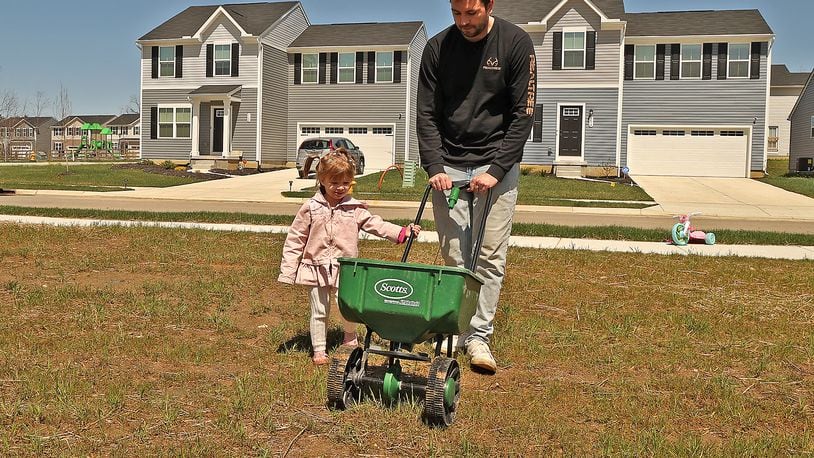Mortgage rates swung wildly during the pandemic. Rates dropped to new lows as the Fed stepped in to support the economy by lowering overall interest rates. Now, as the Fed changes course to respond to inflation, mortgages have essentially doubled and there is no expectation that they will return to 3%. A massive increase like this means that house prices that were barely attractive at 3% surely are not at 5.5%. Higher interest rates cut into the amount buyers can offer sellers.
The country needs more housing, fast. Communities that proactively respond and embrace these changes will reap benefit in the years to come. City governments and planners must consider how to partner with builders and incentivize them to build. In addition, communities need to be flexible and approve multifamily units and consider housing co-ops to achieve economies of scale.
Communities must also build with care and thoughtfulness of all its residents. Our city suffers from the legacy of redlining where areas with significant numbers of racial and ethnic minorities were deemed too ‘hazardous’ to invest in and denied access to loans. ThinkTV’s recently released documentary, Redlining: Mapping Inequality in Dayton and Springfield, chronicles this consequential part of our community’s history. Today we see this heritage reflected in the gross inequities between sections of town with regards to housing values, rent burdened families, vacant homes, back taxes, and code violations. Hopefully, the new environmental court focused on housing will be a vehicle to hold slumlords accountable more quickly and promote investment in sections of town long neglected. Previously, these slum lords counted on the city being too overwhelmed by vacant homes and backlogs of code violations to do significant enforcement. Such a court streamlines the process by quickly requiring owners to either remedy blighted homes or sell them to others who will and thus spur revitalization.
Born and raised in Springfield, I am happy to have been able to return home to live and work in a city that is Moving Forward Together.
Rachel E. Wilson, Ph.D., is the Wittenberg University Chair & Associate Professor for the Department of Business & Economics.
Housing affordability in the Miami Valley

As rents continue to climb across the region and many local residents find themselves working in occupations that on average do not pay enough for them to afford modest rental units, affordable housing is becoming an increasingly important issue for our communities and communities across the nation. New housing and commercial developments are planned across our region and each one sparks heated debate among residents who will live near them, the developers of these projects and civic leaders who must balance the needs of existing residents with growing the local economy and attracting newcomers.
» Springfield and the entire country needs more housing, fast
» We need to be smart, responsible with our growth
» Plan provides multi-year roadmap for neighborhood solutions
» Displaced Anthony Wayne residents asking for a fair shot
» New hotel in downtown Hamilton will make the city proud
» Cost of redevelopment should not include displacing residents
About the Author
